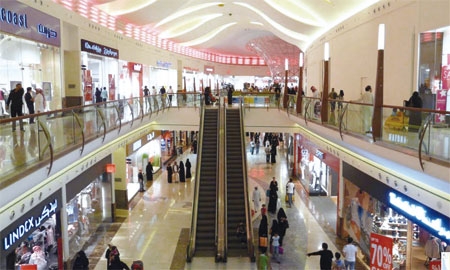King Abdullah has recognized that tradition can coexist with modernity. This more relaxed attitude is reflected in, for example, the fact that the kingdom’s government has created scholarships that actively encourage Saudi men and women to study in Western universities, primarily in the United States, England and Australia.
Back at home, modern attitudes are also manifested in Jeddah, Saudi Arabia’s commercial capital. Largely known as the gateway to the holy cities of Makkah and Madinah, Jeddah is now coming into the limelight as the most dynamic, reform-minded and comparatively liberal city in the kingdom.
History and modernity define Jeddah. From a traditional town of one square kilometer and a population of 10,000 in 1948, today Jeddah is a modern and thriving metropolis with 3.4 million inhabitants. The old city walls were demolished in the late 1940s as oil wealth fueled rapid growth, though a substantial portion of the historic old city has been preserved.
Jeddah’s population today is made up of a mix of nationalities – about half the population is estimated to be foreign – and the local religious culture is less restrictive than in other parts of the country. Expat workers and locals enjoy a variety of shopping centres, with restaurants offering continental cuisine, seafood, and Asian cooking.
Jeddah is also the country’s main port on the Red Sea, and and a prime destination for tourists. Major organizations have established their headquarters in Jeddah, including the National Commercial Bank, the Organization of Islamic Cooperation and Saudi Arabian Airlines.
The city’s modern King Abdul Aziz International Airport provides excellent international connections with other major cities around the world, making the tourism sector one of the strongest in the city.
Other industries contribute to making Jeddah one of the Middle East’s chief industrial and business centers, ranging from the development and distribution of consumer goods, to finance and health care. Environmental awareness is also a main concern.

0 COMMENTS